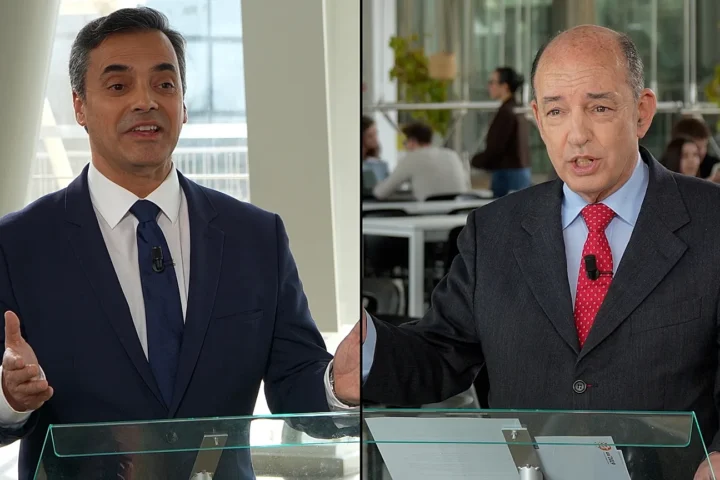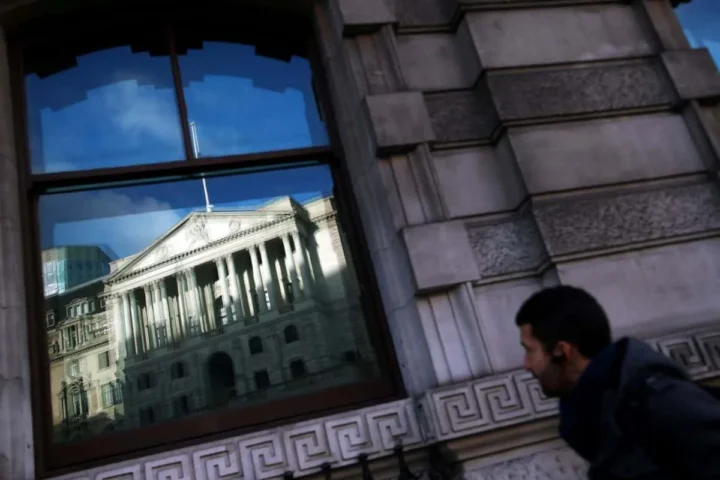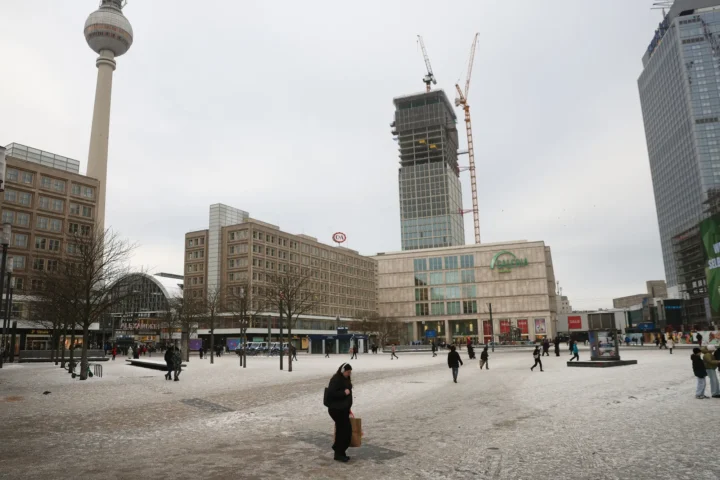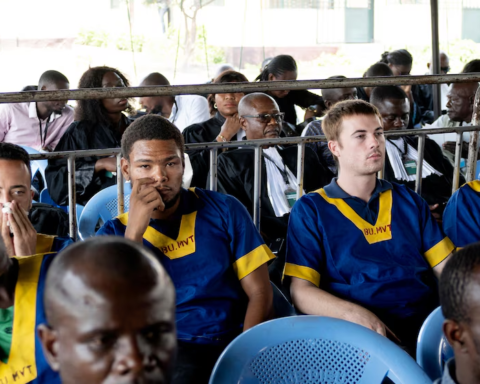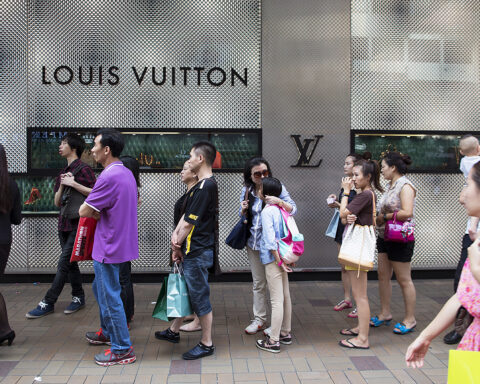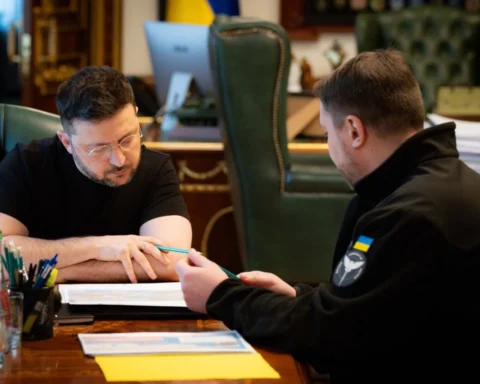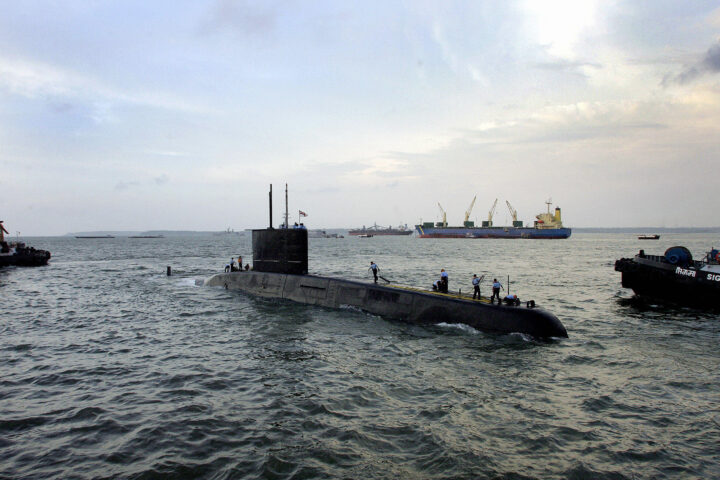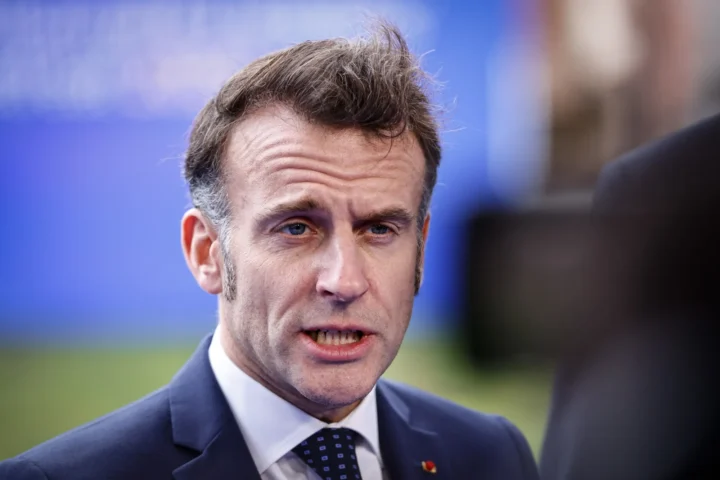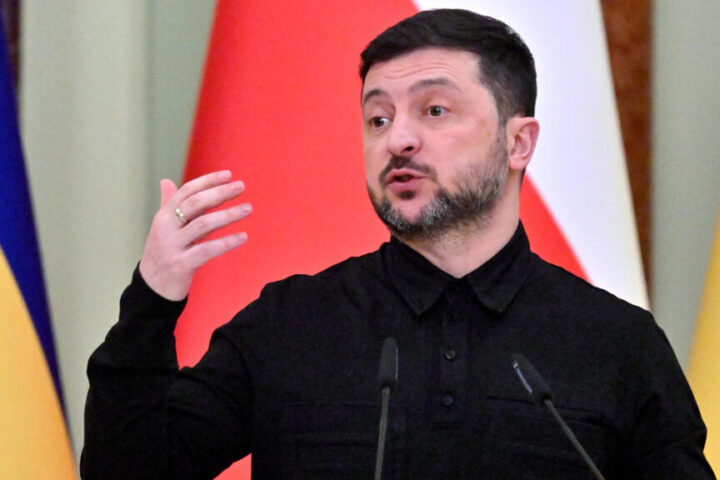A dramatic incident unfolded in Sofia this week when a group of Bulgarian nationalists mistakenly attacked a vehicle they believed was carrying European Commission President Ursula von der Leyen. The episode, though ultimately based on false assumptions, highlights the growing tension between European institutions and nationalist factions within Bulgaria.
The Incident in Sofia
According to eyewitnesses, the event occurred outside a government compound where senior European and Bulgarian officials were scheduled to hold discussions on economic cooperation and EU funding allocations. A black sedan, resembling the vehicles often used for visiting dignitaries, became the target of a group of nationalist protesters who had gathered nearby.
The crowd reportedly threw objects at the car, struck it with flagpoles, and shouted slogans denouncing the European Union and its leadership. Initial confusion spread quickly as rumors circulated that von der Leyen was inside. However, officials later confirmed that she was not present in the vehicle at any point, nor was her security detail in immediate danger.
A Climate of Rising Nationalism
Bulgaria has faced increasing political polarization in recent years, fueled by economic inequality, frustrations with corruption, and skepticism toward EU oversight. Nationalist groups have capitalized on these sentiments, framing Brussels as an overbearing force that undermines Bulgaria’s sovereignty.
While nationalist parties remain fragmented, their rhetoric has intensified, often targeting EU leaders directly. Ursula von der Leyen, as the face of European integration and a vocal supporter of stronger rule-of-law mechanisms, has become a particular symbol of resentment among these groups.
Government and EU Reaction
Bulgarian authorities quickly condemned the incident, with the Interior Ministry announcing investigations into the individuals responsible. Officials stressed that while peaceful protest is a constitutional right, acts of violence will not be tolerated.
The European Commission in Brussels also issued a statement underscoring its confidence in Bulgarian security services and reiterating that intimidation will not deter EU leadership from engaging with member states. “Attempts to threaten or mislead will not weaken Europe’s unity,” a spokesperson said.
Miscommunication and Misinformation
The attack appears to have stemmed from a combination of rumor and misinformation. Protest organizers had circulated messages online suggesting that von der Leyen would be traveling in a specific convoy, fueling suspicion and anger among participants. Analysts note that social media platforms have increasingly been used by nationalist activists to amplify discontent and coordinate disruptive actions, often with little regard for accuracy.
Broader Implications
This episode underscores a broader challenge for the EU as it navigates its relationship with member states where populism and nationalism are on the rise. Brussels faces the dual task of addressing legitimate concerns around economic disparities while countering narratives that depict European integration as a threat to national identity.
For Bulgaria, the incident is a reminder of the fragility of its political landscape. While most citizens continue to support EU membership, frustration with domestic governance has provided fertile ground for anti-Brussels sentiment.
Looking Ahead
Though von der Leyen was not harmed and her visit continued without disruption, the attack raises important questions about security, political stability, and the future of EU cohesion. It also demonstrates how rapidly misinformation can escalate into real-world confrontations.
If left unaddressed, such flare-ups may not only endanger public figures but also deepen divisions within member states, complicating the EU’s ability to project unity at a time when geopolitical and economic pressures are already mounting.




